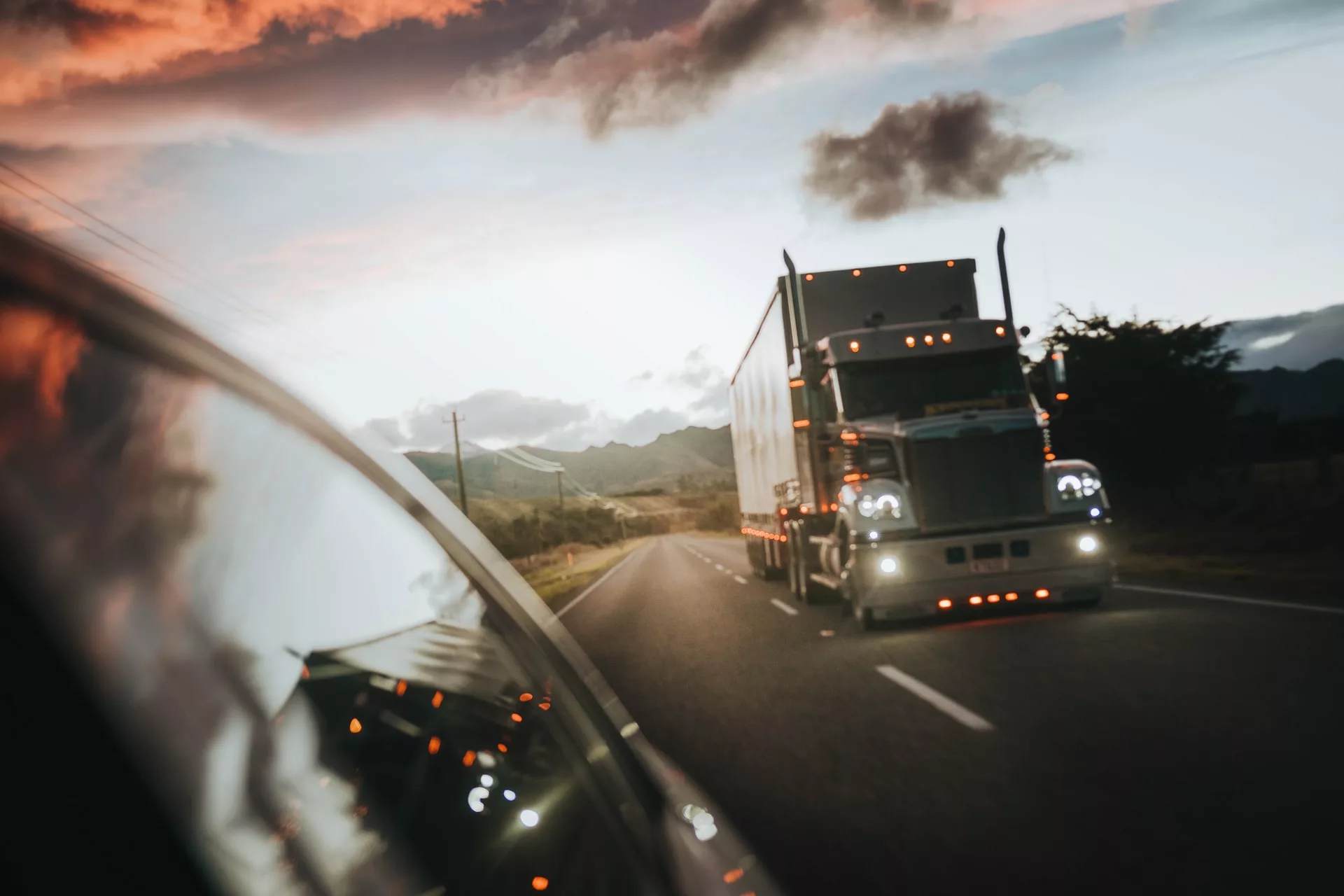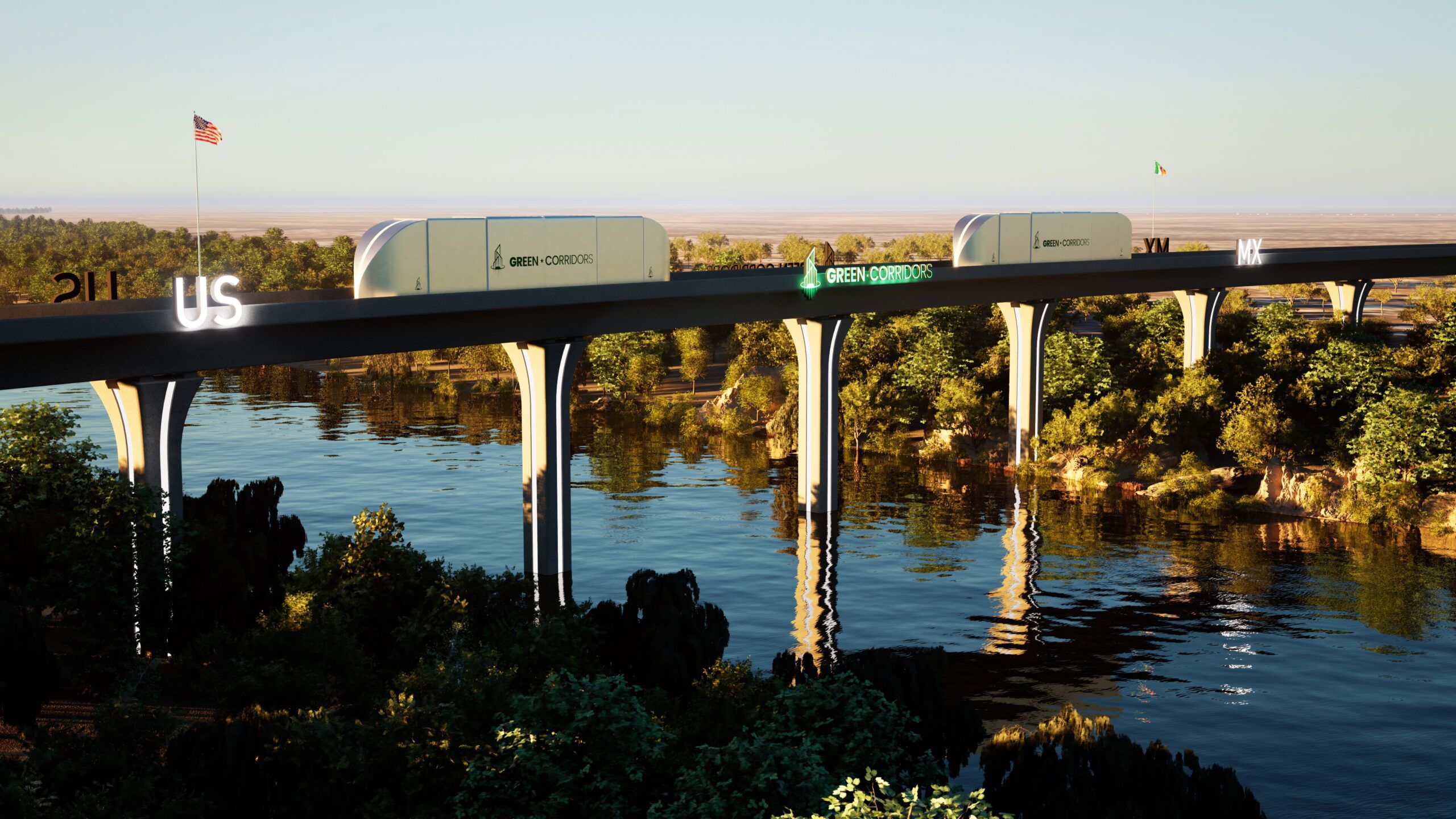Self Driving Trucks Pose Questions for Insurers

As companies transition and begin piloting heavy duty autonomous vehicles (AVs) the trucking industry as a whole, inches toward disruption so does the insurance industry. In the American Transportation Research Institute’s (ATRI) 18th annual Top Industry Issues report for motor carriers, insurance cost was ranked as number seven out of all the issues faced by the industry.
“The emergence of autonomous trucks could spark rising rates with every sized carrier, even if it is primarily the larger fleets utilizing the technology. This is going to be an evolving rate scenario that’s going to play out over the course of the next five to 10 years”
Stephen Ritzler, team lead of trucking and logistics at CoverWallet
Don’t allow this to be cause for concern though. Luckily there is plenty of time still left for the trucking and insurance industry to adjust. There are is still years if not decades away from seeing the true impact of autonomous trucks on insurance pricing. There are many factors that would impact whether the costs go up or down long term. There would be an initial period where carriers would likely see a spike insurance rates, while the insurance industry determines the true impact of having AVs on the road. Though if AVs are deemed safe as a result of the removal of human error, that would drive the cost of insurance down across the trucking industry over time.
“I think when there are enough (autonomous) vehicles on the road, there should be a significant reduction in (accident) frequencies, a significant reduction in severity. But … until we can get to that point where there is enough of those vehicles on the road and there’s enough case law to support how we’re going to look at liability risks, I do think that the industry as a whole will probably be more conservative as they try to figure this out,” Abramson said. “I don’t think we’re going to see a ton of rate decreases in the early days. I think we do need to figure out liability – who is liable if it is an autonomous vehicle and an accident does occur.”
Kevin Abramson at Cover Whale
But for now, the driver is the riskiest part of insuring a trucking company. AVs could potentially take that out of the equation, but the insurance industry still wants to see a driver in the seat in case the technology fails.
Impacts of Human Error on Trucking Industry
Human error can have significant impacts on the trucking industry, affecting safety, efficiency, and overall operations. Some of the key impacts of human error in the trucking industry include:
- Accidents and Safety Concerns: Human errors, such as distracted driving, fatigue, speeding, or impaired driving, can lead to accidents with severe consequences. These accidents can cause injuries, loss of life, property damage, and result in legal liabilities for trucking companies. Addressing human error is crucial to improving safety on the roads.
- Increased Insurance Costs: Accidents caused by human error can lead to higher insurance premiums for trucking companies. Insurance providers consider the risk associated with human error, and a history of accidents or violations can result in increased costs. These additional expenses can impact a company’s bottom line and profitability.
- Regulatory Compliance Issues: The trucking industry is subject to numerous regulations regarding driving hours, rest periods, weight restrictions, and other safety measures. Failure to comply with these regulations due to human error, such as incorrect record-keeping or violations of driving limits, can result in fines, penalties, or even the suspension of operating licenses.
- Delivery Delays and Inefficiency: Human error, such as incorrect routing, miscommunication, or inadequate planning, can lead to delivery delays and inefficiencies in the supply chain. These delays can disrupt customer satisfaction, increase costs, and negatively impact the overall reputation of the trucking company.
- Increased Maintenance and Repair Costs: Negligence or oversight in performing regular vehicle inspections, maintenance, and repairs can lead to breakdowns or mechanical failures on the road. This can result in costly repairs, extended downtime, and potentially impact the delivery schedules and customer commitments.
- Driver Turnover and Training: Human error can contribute to driver dissatisfaction, stress, and burnout. If drivers are consistently faced with situations where human error can have severe consequences, they may seek alternative career options or experience reduced job satisfaction. High turnover rates in the industry increase recruitment and training costs for trucking companies.
- Environmental Impact: Human errors related to fuel efficiency, such as excessive idling, inefficient driving behavior, or improper maintenance, can have a negative environmental impact. Increased fuel consumption and emissions contribute to air pollution and carbon footprint, which are concerns for sustainability and environmental regulations.
Addressing human error in the trucking industry requires a multi-faceted approach. Utilizing advanced technologies, implementing driver training programs, improving scheduling and routing systems, and prioritizing safety culture within trucking companies can help mitigate the impacts of human error and enhance overall industry performance.
Additional Concerns: Cyber Security
The data obtained during the testing phase of AVs will assist insurers in assess the risk from a safety perspective. But due to the nature of AVs there is an additional element that must be considered: cybersecurity. We are all aware of the various movie and book plots where a terrorist hacks a vehicle and blows it up, but with AVs the potential danger is actually real. Hacking a diesel-powered vehicle is possible but imagine what an AV presents to bad actors. Trucking companies typically have cybersecurity insurance for their back-office systems but will that apply to their assets on the road as well?
“Think about taking the autonomous 18 wheeler and now setting up a whole system that allows you to move the trucks where you want them to go. If somebody were to hack into that and then get control of all of those, a lot of times companies don’t think about that. All these things are tools and can be used for good or bad depending upon the motivation of the person or group using them.”
“AVs and EVs offer massive amounts of data: terabytes on a daily basis from lidar and radar, cameras, spatial recognition, navigation, etc. Then the AV interacts with the smart highway and 5G, communicating with infrastructure that supports it.”
“That’s a lot of data and cybersecurity claims, particularly for ransomware, have gone through the roof over the last 18 to 24 months. Those numbers will only go higher once AVs hit the road, which he said will cause insurance rates to rise yet again. If I’m the insurance carrier and these autonomous vehicles or even electric ones have such computerized systems that they’re potentially vulnerable to hacking from the outside, I have to worry about physical damage or potentially someone being killed because there was a hack that caused the vehicle to go off the rails and hit something or somebody
Justin Daniels, an attorney at Baker Donelson whose practice focuses on the technology sector
With over 20+ years in the trucking insurance industry Cook Insurance Group combines national reach with local service to address the needs of large fleet, small fleet, single owner and tow trucking operations, and to charter bus lines. We ONLY serve the Trucking industry, providing the best trucking insurance. Let our friendly, bi-lingual staff help you find the right insurance protection at the right cost.
Cook Insurance Group is dedicated to meeting the needs of both small and large fleet trucking companies. Our reps handle every aspect of your program, ensuring you have the best trucking insurance plan for your specific needs. We work closely with you to manage your plan on an ongoing basis.
At Cook Insurance Group, we provide immediate certificate and ID card insurance, including 24/7 certificate availability. We leverage our client portal which allows you to access and issue certificates, check claim status and view policies. Cook Insurance Group is prompt and reliable, including 24-hr claims reporting. (Physical Damage and Motor Truck Cargo). We also provide educational seminars for management and drivers of companies.
At Cook Insurance Group we have licensed risk managers available to assist you with CSA scores and driver training. We provide border risk coverage (NAFTA) and mid-year loss run reviews.
Choose Cook Insurance Group for all of your trucking insurance needs whether you are located in Texas, Arizona or Arkansas.



